Croatian Returnee Reflections: Klara Đurkin, from Boston to Cakovec
April 19, 2023 - Whisper it quietly, but more and more people are relocating to Croatia from the diaspora. In a new TCN series, we meet them to find out how they are faring and what advice they have for others thinking of making the switch. Next up is Klara Đurkin, who moved from Boston to Cakovec.
My name is Klara Đurkin, and I am a 29-year-old Croat who decided to leave Croatia right after high school. The decision did not come suddenly, as I had attended summer schools around the UK and US since I was 13 and truly enjoyed it. Therefore, early on, I developed a tendency towards becoming an international citizen and started working on fulfilling this goal.
I fell in love with Boston and chose to attend Northeastern University, where I studied political science and international affairs with minors in law and public policy and graduated with honors. I received two awards: I was the senior of the year and in the top 4% among all classes at the university. As I was involved in numerous extracurricular activities, I was also admitted to Phi Sigma Alpha, the national political science honorary society in the USA. During my studies, I worked for a total of two years, most significantly as a Junior Programme Officer at the Ottawa Convention Secretary (UN, Geneva), as an Assistant to 3 MEPs (European Parliament, Brussels and Strasbourg), and as a Programme and Marketing Intern at the International Law Institute (Washington DC). Then, I moved to the UK where I obtained a master's degree in law with distinction. Right after I graduated, I moved back home to Croatia, after 10 years of being abroad.
I knew I wanted to establish my own business, but I wanted to take some time off and enjoy Croatia first. So, I decided to pursue another master's degree in Zagreb. There was a multi-disciplinary master's program in political science, economy, and law taught in English that I liked, so I gave it a shot. Even though I did not necessarily love the educational system in Croatia, it was my first year back in Croatia after a decade and it was indeed teeming with surprises, both welcoming and not-so-welcoming ones.
Today, I own CoreValor, which offers business and legal consulting services to foreigners interested in bonding with Croatia, whether through living, working, or investing here. This enables me to remain part of the global community while still enjoying my homeland. It certainly seemed like a smart compromise between the two conflicting desires I had: one part of me wanted to be home and work locally, while the other aimed at embracing the world and being a global citizen. So, here I am today.
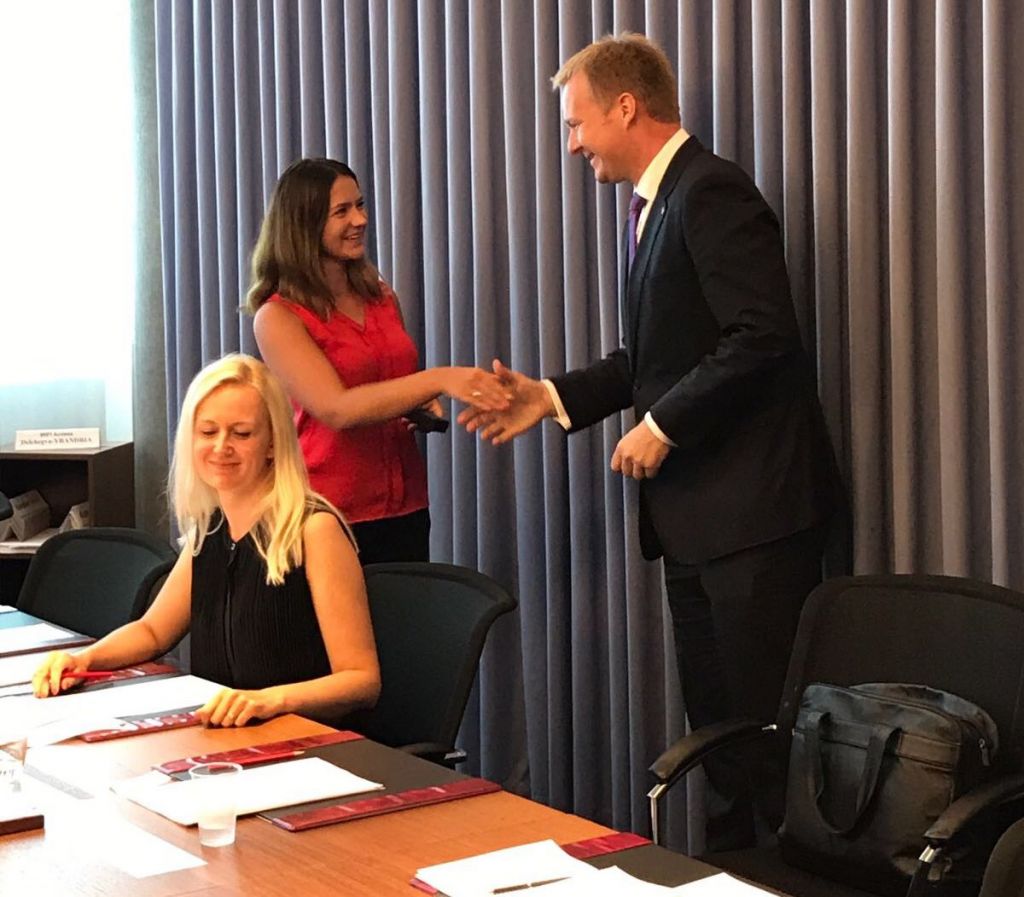
1. You made the switch to Croatia. Tell us a little about the decision process and how long it took for you to get on the plane?
There were no decision-making processes involved in my case, as I had promised my parents that I would come back home and knew that I would keep my promise. It was only a matter of time before I returned to Croatia. In the end, my graduation from Bristol Law School coincided with the beginning of the COVID-19 pandemic, and I decided that it might be a good time to settle in Croatia and start my life there anew. However, even though I had been preparing for my return, the transition was not the smoothest because I had seen and learned how things are done around the world. This meant that I would sometimes become frustrated with the different systems in place in Croatia, such as the bureaucratic ones that are teeming with unnecessary steps and innumerable forms and supporting documents where you always miss "one more document" (if you are lucky enough). However, I knew that I could make it work for myself as long as I took the right approach that would work for me. At the end of the day, after being on my own on the other side of the globe, I began to appreciate both the greater safety and more casual lifestyle in Croatia, which is seriously lacking in the countries where I had the opportunity to live.
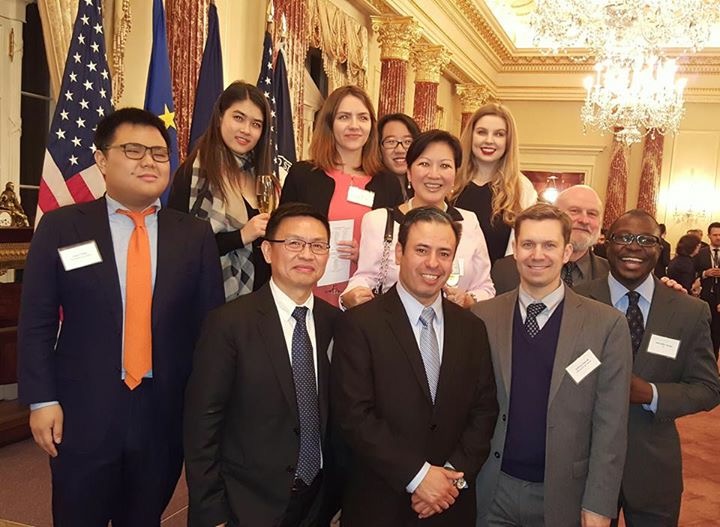
2. What did your family and community back home think of your decision at the time?
My family and friends were undoubtedly thrilled about my return, but they also knew, as I did, that there was a greater and wider range of opportunities abroad. However, it was a welcoming decision because it meant that I could finally enjoy the values that are, in my humble opinion, much more valued and prioritized in Croatia than in the US, for instance, including social and, more specifically, family life.
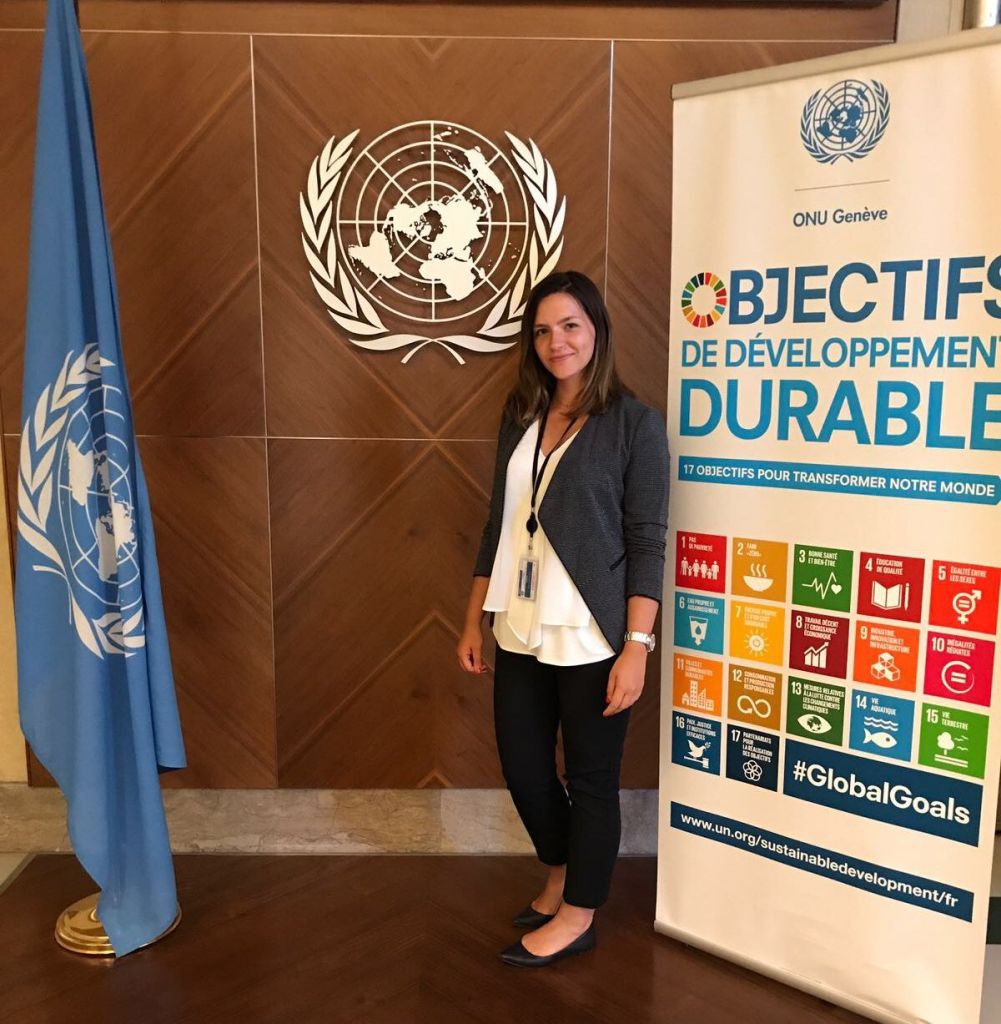
3. Where did you get your information about the realities of Croatia prior to coming?
I was in daily contact with my friends and family, which allowed me to stay informed about events and daily life in Croatia. Every summer, I would return home, spending time in Međimurje, where I grew up, and enjoying sunny days at the beaches of the stunning Croatian coast. Therefore, there was not a significant discrepancy between my perceptions and the realities in Croatia. However, upon my return to Croatia, I had to deal with the realities myself. Other than that, I felt prepared for what was to come.
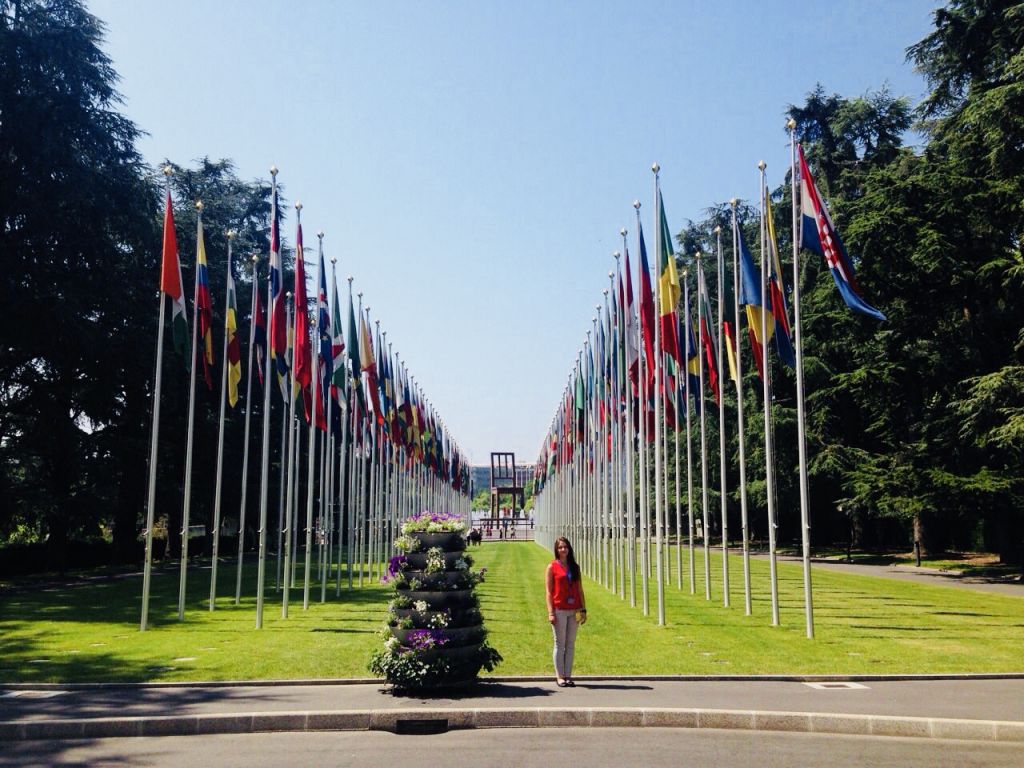
4. What were you most nervous about making the switch? What was your biggest fear, and how was the reality of what you found?
I knew that there would be opportunities for me to leave Croatia and chase my dreams. However, I also realized that going abroad again would mean that I could not settle in Croatia in the near future. My wish was to gain as much experience and knowledge as possible and then use that in my home country. The longer I worked on gathering that experience and knowledge, the longer I would stay abroad where I did not really have a true home. At one point, however, I realized that by doing what I do now, namely working with foreigners but staying in Croatia, I could still be very much in touch with all these international insights while being where I call home.
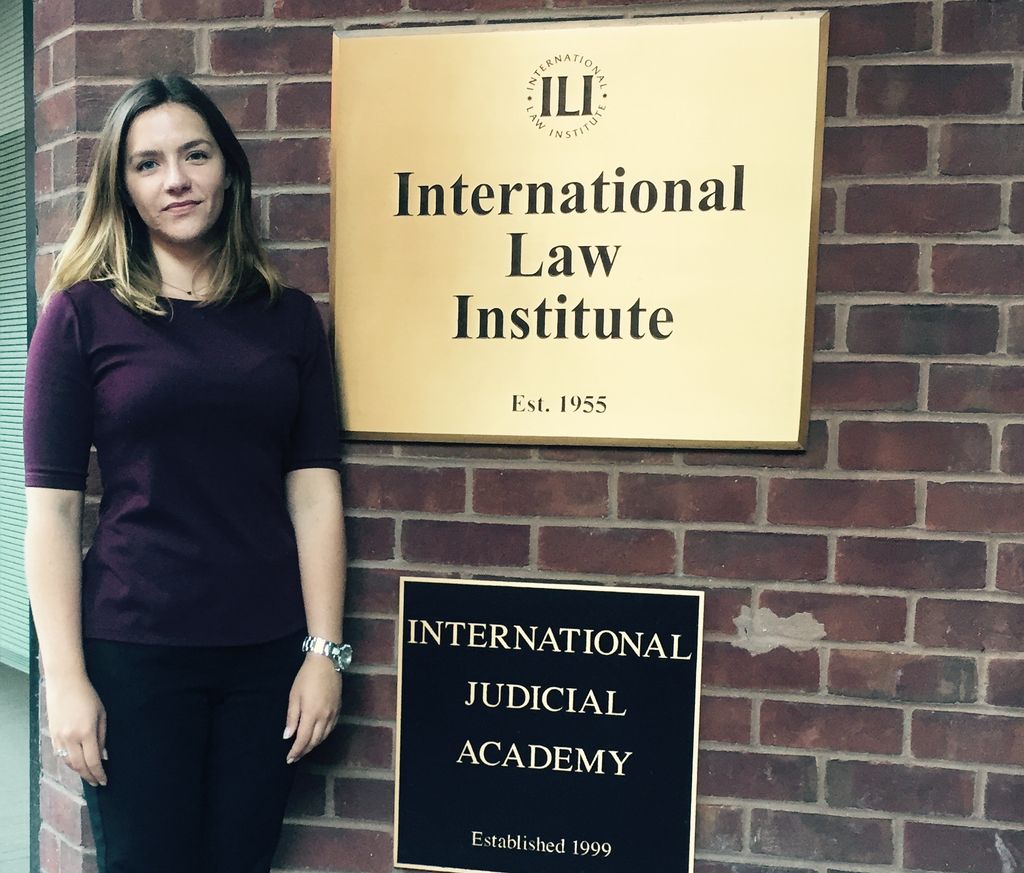
5. Think back to the time before you arrived. What were your perceptions about Croatia and how were they different from the reality you encountered?
As mentioned above, staying in touch with my friends and family members in Croatia meant that I was constantly aware of happenings and developments in the country. Hence, my perceptions were more or less a reflection of reality in Croatia. But one can never be fully prepared when such a change occurs. I was not sure whether I would be entirely happy, satisfied, and fulfilled in Croatia. Neither did I know whether I would question my return since numerous exciting opportunities are out there in the world waiting for me. That being said, the element of surprise was something that no one could eradicate for me; I simply had to process the transition on my own and make the return the best decision ever.
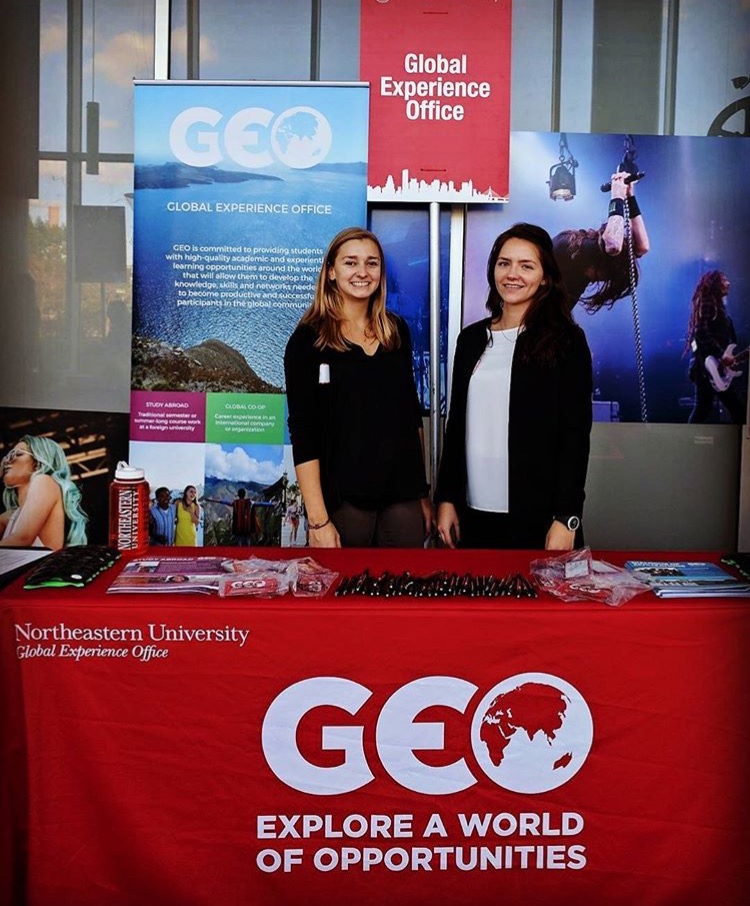
6. You are still here, so obviously the pros outweigh the cons. Tell us about some of the things that you love about being in Croatia, as well as some of the things you don't like.
As I mentioned before, I believe that safety and a casual lifestyle are things that Croatia can boast about. While not every single corner of Croatia is completely safe and free from crime, it is generally safe to walk around without too much worry. Our lifestyle is known for being very relaxed, and we can spend hours drinking just one cup of coffee and still have a good time. This is something that is rarely seen abroad; when I was in the US, I was happy when someone grabbed a coffee to go with me because there is no equivalent to the Croatian concept of "kafenisanje". Lastly, even though Croatia is a relatively small country, we offer a diverse landscape with mountains, lowlands, waters, beaches, and over a thousand islands. I find that fascinating.
However, there is also a more critical side to the coin, and there are things I do not like about Croatia. Besides the never-ending impediments with Croatian bureaucracy that I mentioned earlier, there are one or two more issues. Firstly, I believe that we are investing in our tourism industry as much as we did when we first started attracting millions of tourists from around the world. By investment, I don't necessarily mean financial investment, but also in terms of our hospitality. In my opinion, services have not improved as much as they should have, and the tourism sector as a whole seems to be relying on what Croatia already has, instead of building on it and upgrading it further. Secondly, our mindset is a bit specific, and I wish that we, the Croatians, were more open to change and willing to "borrow" policies or approaches that have been proven to work elsewhere. We also take too many things for granted and do not always appreciate things that we should be proud of, which is, in my opinion, a part of the problem with our stagnant tourism sector.
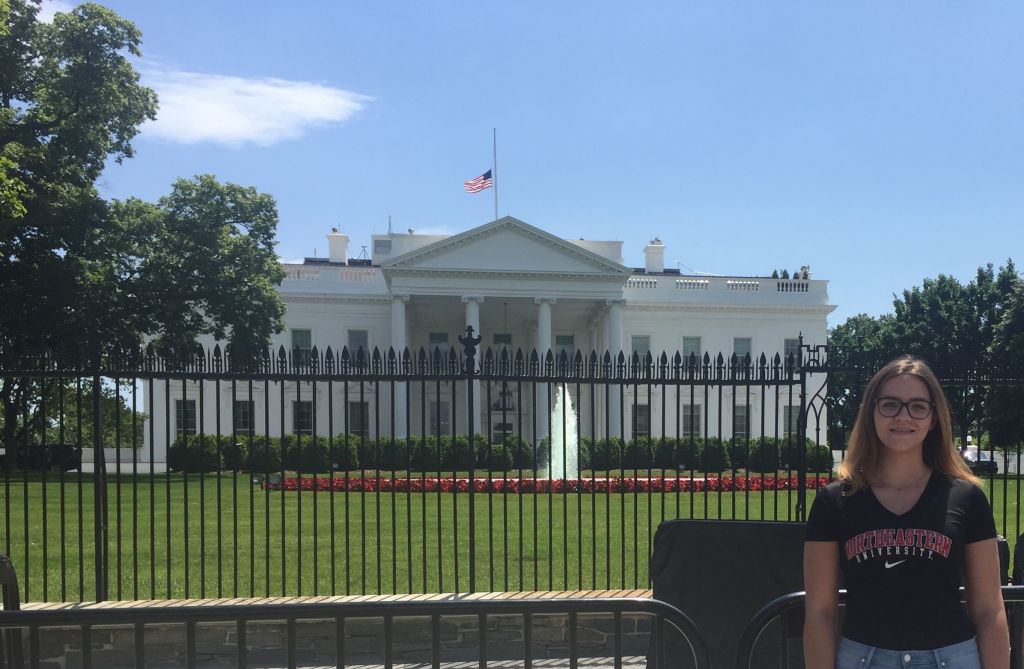
7. What advice do you have for others thinking about making the move from the diaspora?
Talk to as many returnees as possible as they walked in the same shoes as you, and take your time to think about the transitioning process. Make sure you explore all the options and choose wisely where you want to settle in Croatia, as you surely want to find yourself a perfect place where you will feel comfortable and at peace. In short, familiarize yourself with Croatia in all aspects as much as you can, know what you want, and take your time to find your perfect spot in Croatia. By doing so, chances are slim that you will struggle to find your place in Croatia or reconsider your decision to move there.
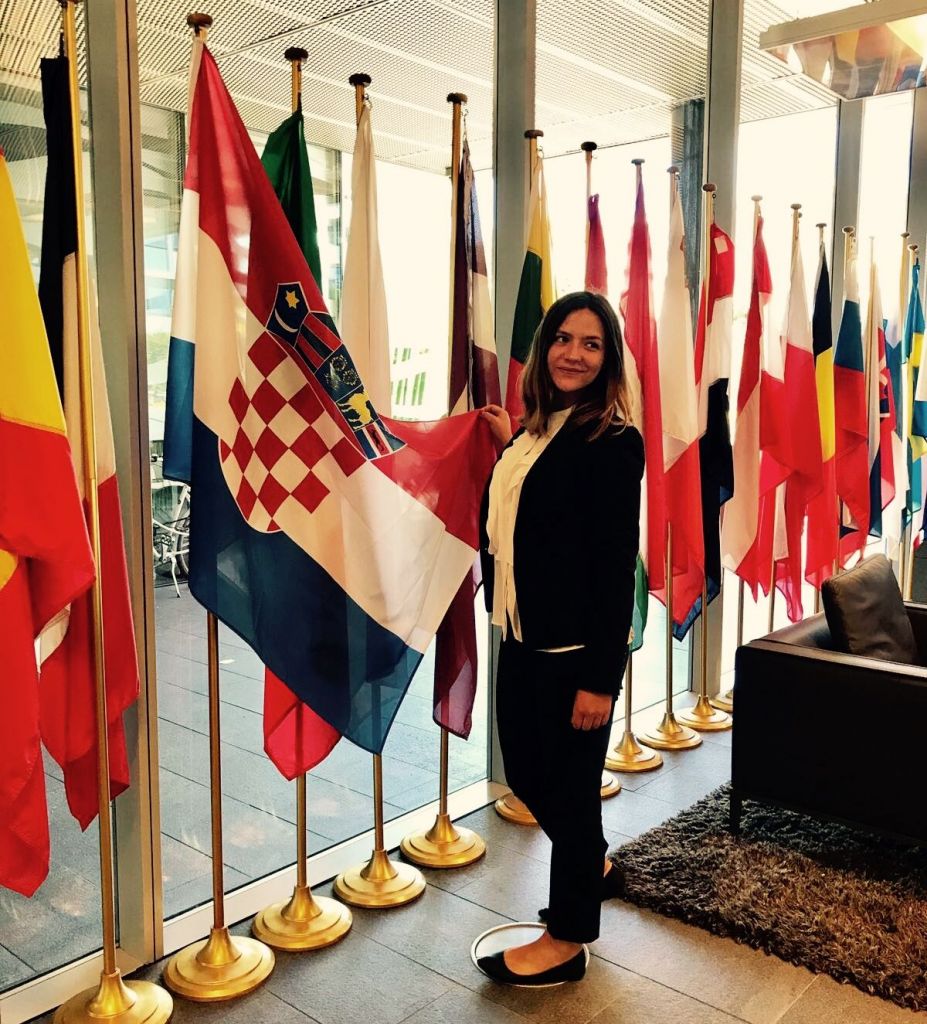
8. How do you think Croatia can better assist those who are looking to return to the Homeland?
I am not sure what tools are in place for returnees, however, it would certainly be useful to have some sort of centralized platform or resource, run by the government (so that returnees know all the information is official), where all the useful information (especially bureaucratic) is easily accessible, updated and correct. Potential returnees could ask questions to which they will receive a response by an official which will be visible to others who may have the same inquiry. The platform could also be used as a networking tool through which potential returnees could get in touch with actual returnees. I guess that you, Paul, are already doing half of this so the government can use your support in this.
Klara Đurkin
CoreValor – www.corevalor.hr
Facebook – facebook.com/klara.djurkin
****
Thanks,Klara! You will be hearing a little more from Klara when the TCN website relaunches shortly in a new section, Invest in Croatia.
You can follow more stories in the Croatian Returnee Reflections series in our dedicated TCN section.
Would you like your returnee story - positive or negative - to be featured in this series? Contact This email address is being protected from spambots. You need JavaScript enabled to view it. Subject Returnee.
****
What's it like living in Croatia, and where can you get the best survival tips? TCN CEO Paul Bradbury and TCN Editor Lauren Simmonds have teamed up to publish Croatia, a Survival Kit for Foreigners.
Follow Paul Bradbury on LinkedIn.



